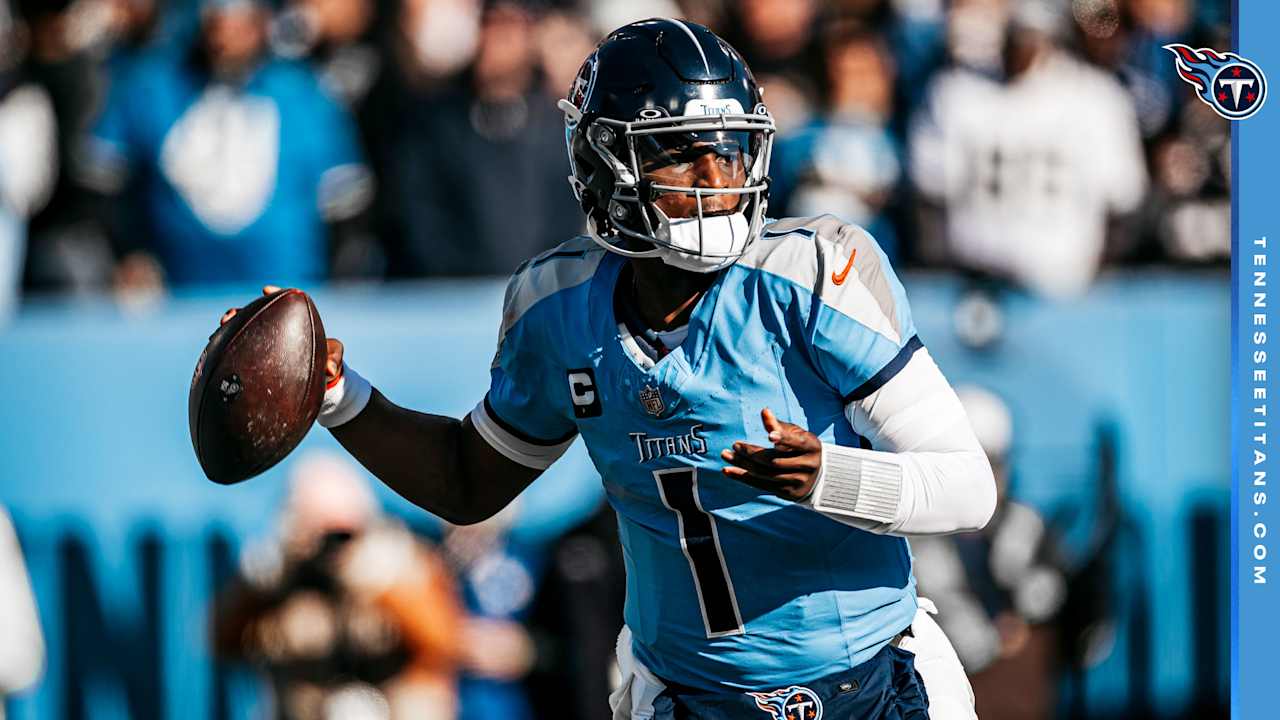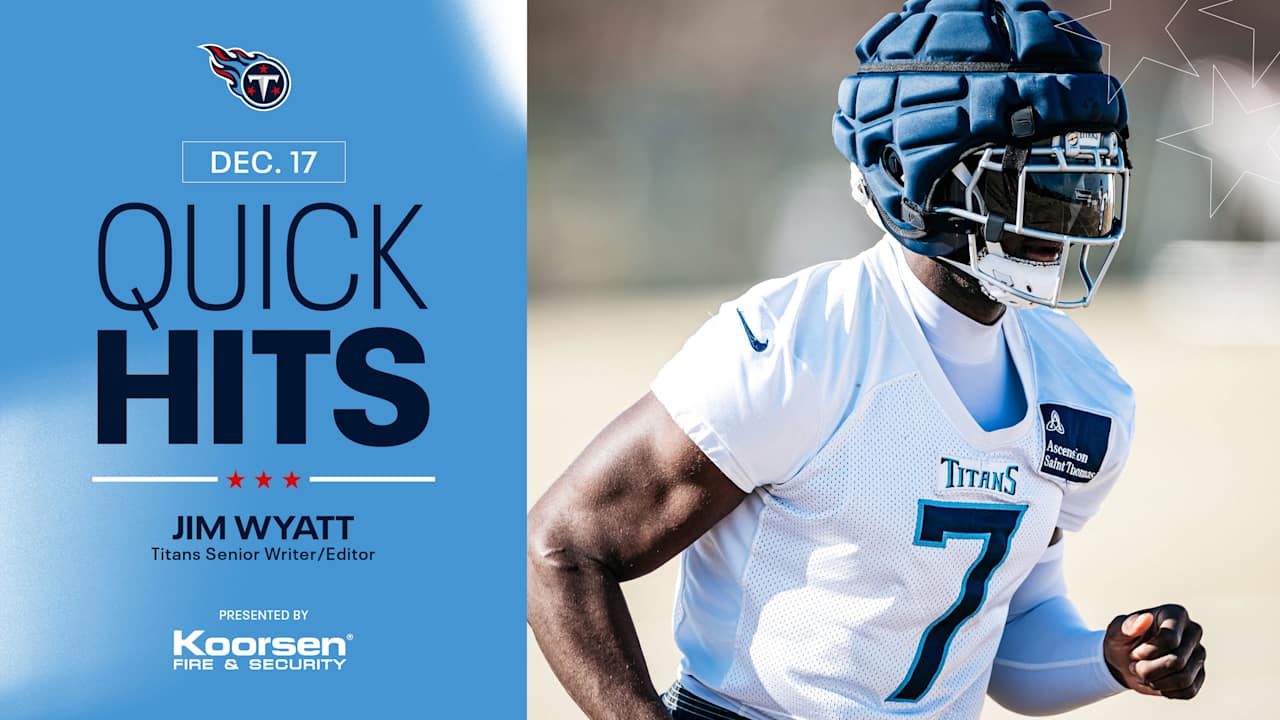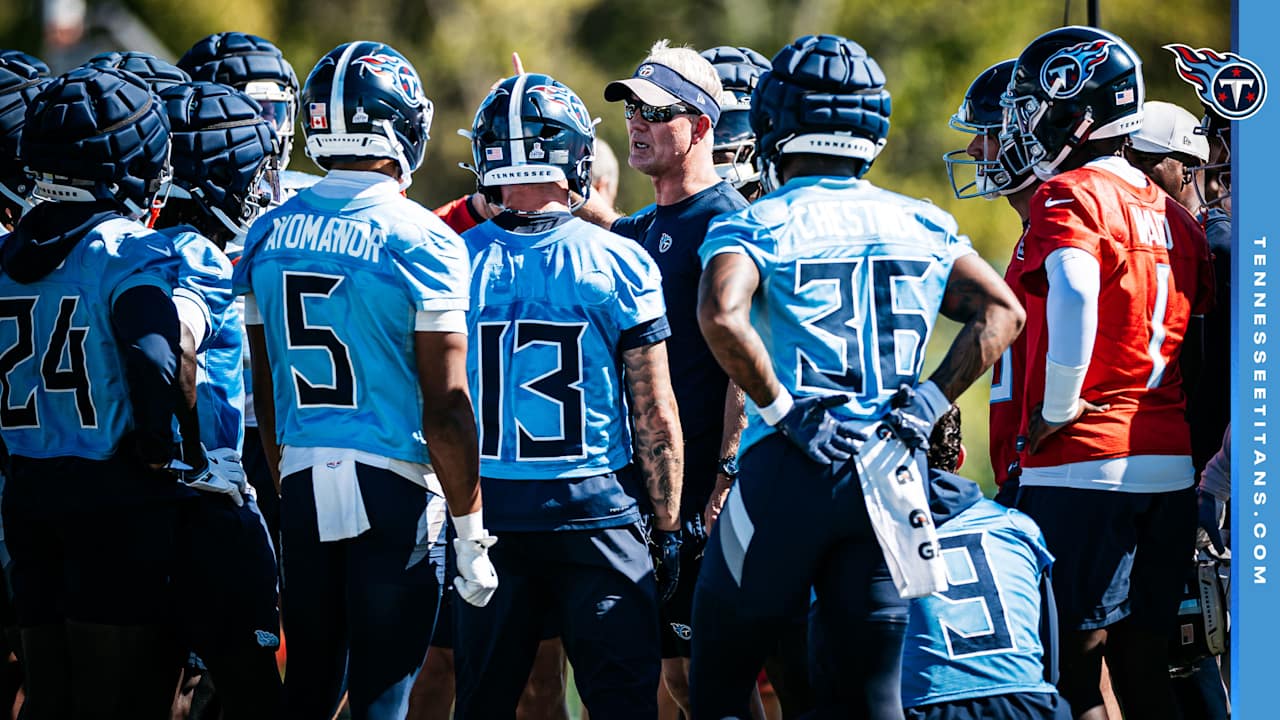Darlene Love’s career — and name — are forever tied to legendary producer Phil Spector, who died Saturday (Jan. 16). Love sang on many of Spector’s greatest productions, including as uncredited lead on The Crystals’ “He’s a Rebel” and “He’s Sure the Boy I Love,” as well as background on a number of Spector-produced classics.
She was credited as herself — Spector changed her name from Darlene Wright to Darlene Love — on now Christmas standard, 1963’s “Christmas (Baby Please Come Home.)”
“I don’t feel sorry. I don’t feel grief,” she says a few hours after learning of his death. “It’s really sad that the way he ended his life [was] in prison for killing somebody. I want him to be remembered as this man who changed rock ‘n’ roll.”
Spector was convicted in 2009 of second-degree murder in the fatal shooting of actress Lana Clarkson. He was serving a 19-years-to-life sentence at the time of his death.
Love recalls their thorny relationship, with its soaring highs and bruising lows, to Billboard.
You first met Spector in 1962 in California when he hired your group, The Blossoms, to record “He’s a Rebel.” What was your first impression?
When I met him, I just kept looking at his hair. It looked too neat. And then out of my mouth, I said, “Are you wearing a toupee?” [Laughs]
What did he say?
He said, “Oh no, no no. Don’t be looking at my hair.” He just kind of shrugged it off. I didn’t do it in a mean way. I was the one with the big mouth who would even say anything like that to anybody. At that age he had lost a lot of his hair.
What direction did he give you when you recorded “He’s a Rebel?”
The thing about me and The Blossoms, I was already a professional singer and producers liked for you to sing their melodies, especially writers. They don’t want you to go off and do runs like they do today. I was a melody singer, so he didn’t really have to harp on me about singing the song the way he wanted it. Once he told me how he wanted it sung, that’s how I sung it. … Me and Phil and Blossoms, we had so much fun in the earlier days. I was like 17 or 18, Phil was [23]. We were in the business working around all these superstars.
Your relationship first went south when he wouldn’t put your name on the next single, “He’s Sure the Boy I Love” and still released it under The Crystals, right?
The big fallout was after that, [though] we did fallout about “He’s Sure the Boy I Love.” I was driving my car home from a session and the disc jockey said, “Here’s the next record from The Crystals” and it was “He’s Sure the Boy I Love.” I stopped my car — it’s a good thing there was nobody behind me — turned around and went back to the studio. I came in with fire in my eyes and nobody could really stop me as mad as I was. I was like, “Phil, this was supposed to by my record. I can’t believe it. I gave it my all. You promised me this was going to be my record.” And then we didn’t talk for a long time after that happened. I will still under contract.
How long did you not speak?
It might have been a couple of weeks or months. We only worked with him from 1961 to 1964. It was all done during that little bit of time. I always thought he was going to put my name on [1963’s] Bob B. Soxx & The Blue Jeans’ “Zip-a-Dee-Doo Dah.”
Did you ever see him in the studio with a gun like some other artists did?
Never, because the one time I did go to the studio and they said he did have a gun, I went back home. He called and said, “Where are you?” I said, “I was there an hour ago, but you had a gun and I’m not coming to no studio with you with a gun.” “OK, come on back, Dar.” I said, “Well, just make sure when I get there the guys are gone.” He has these two twins that used to be his bodyguards. I said, “I don’t want to see them. If I come in that studio and they say you have a gun on you, I’m going home.”
As great as he was and as great a friendship as we had, you could flip and then I’m not there no more. I didn’t give him a chance to show guns [around] me. A lot of people saw it. I just wasn’t one of them.
Did you feel you were in the presence of someone who was creating a sound that would become historic?
Not at first. We thought, “This is different. Hmmm, maybe he has something here,” but never like, “It’s going to be around for the next 50 years.” That was never a thought.
When we really thought this music was great was when we did [1963’s] A Christmas Gift For You From Phil Spector. The thing about that whole Christmas album was the idea that Phil Spector was getting ready to do a rock ‘n’ roll Christmas album and our question is “You’re going to touch these songs?” But the more we recorded, the greatness started sinking in, not just with the singers, but the musicians. We are really getting ready to make history here. When we started doing “Christmas (Baby Please Come Home),” it was like you’re really creating sunshine in rain here. There had never been a Christmas song like that.
Studio technology was also changing.
That album was when we had more than two tracks, so Phil Spector was now working with four tracks, so he could really be creative. “He’s a Rebel,” all that stuff before was two tracks. He was able to hear different things he wanted to put on the tracks so they had to go through melting everything down to one track and then starting putting things on again. I got a chance to see him do that. I didn’t know what the hell he was doing. [Laughs] I said, “Phil, what are you doing?” And he said, “You’ll see, you’ll see!” We had such a wonderful relationship as buddies — not as lovers, not as great friends — but just as buddies in the recording studio because I really enjoyed watching him do what he was doing and nobody got a chance to see that.
So what happened after that?
That’s when we fell out. I got Shindig!, the television show we did for two years (from 1964 to 1966), so I was always busy and I didn’t have my mind on that jack–s Phil Spector — that’s what I was saying to myself. [Laughs] He tried to stop me from singing background (for other producers) and I said, “You must be crazy. You don’t own my talent.”
He had me under contract as a lead singer, not as a backup singer. He’d call producers and say, “I have Darlene Love under contract and they’d say, “How come you don’t record her? Put out a hit record on her.” That was another thing I really had to forgive him for. Everybody that did Shindig! had hit records and once they did Shindig! they went sky high and he would not record me as Darlene Love.
But when he finally did, those records weren’t as successful as you had hoped. Do you think he sabotaged you in any way?
I think so. There were some records that he would put out and then take them off the radio. If you don’t have no radio play, nobody’s going to hear your records. Record companies could do that in those days: “Don’t play that record anymore.”
How did he react when you started appearing on Late Night With David Letterman in 1986 to sing “Christmas (Baby Please Come Home”)?
I had moved to New York. I hadn’t talked to him during that whole time. When I did the first David Letterman show, that’s how I knew Phil Spector was following me every step of the way. The producers told me Phil Spector had called the station and told them they were not allowed to have me sing “Christmas (Baby Please Come Home)” on the David Letterman show, and if they continued to do it, he was going to sue them. They told him, “Go on and sue us.”
What happened the night he got inducted in the Rock and Roll Hall of Fame in 1989?
I didn’t talk to him that night. His lawyer came over to our table and was trying to make a deal with me. They wanted to give me $25,000 to sign off from ever suing Phil Spector again, no matter what it was. As much I needed that $25,000, I did not sign. If they hadn’t offered me that $25,000, I probably would have never sued Phil Spector, but if he wanted to try to buy me for $25,000, how much did he really owe me? That’s what made me sue him.
You first sued him in 1993 for unpaid royalties and were awarded $250,000. Did you talk to him in court?
I didn’t speak to him him because he came with an entourage. It was out here in Rockland County [N.Y.] He came with his entourage, his Cadillacs. He just had a bunch of people with him. I was with my sister, who could hold my hand through this, and my husband and my lawyer. That was it.
How did you find a way to forgive him?
I thank God for grace and his mercy and [my] faith in God. I had to forgive Phil for my sake. I had to get rid of the hate that I had for him and start thinking about if it wasn’t for Phil Spector, I wouldn’t have had a career. That’s the truth, if I live the next 100 years. If it wasn’t for Phil, there would not be a Darlene Love.
I had to start thinking about the good things and it made all the hate go away because wonderful things really started happening to me when I moved to New York. I met Paul Shaffer who got me introduced to David Letterman and I did the show for 28 years. I met Bruce Springsteen, Stevie Wonder. All these people started giving me accolades and they don’t know how they were really touching my heart by saying all these things. They didn’t realize that they were helping me to forgive him.
What did you think when he went to prison?
Unfortunately his life led to this … I did actually write him a couple of letters while he was in prison. I never heard back. After that, I just said, “I’ll leave him alone.” I don’t even know if he read them. He was Phil Spector and my life with him was wonderful during that period that I was recording. What happened to him after that had nothing to do with me.






